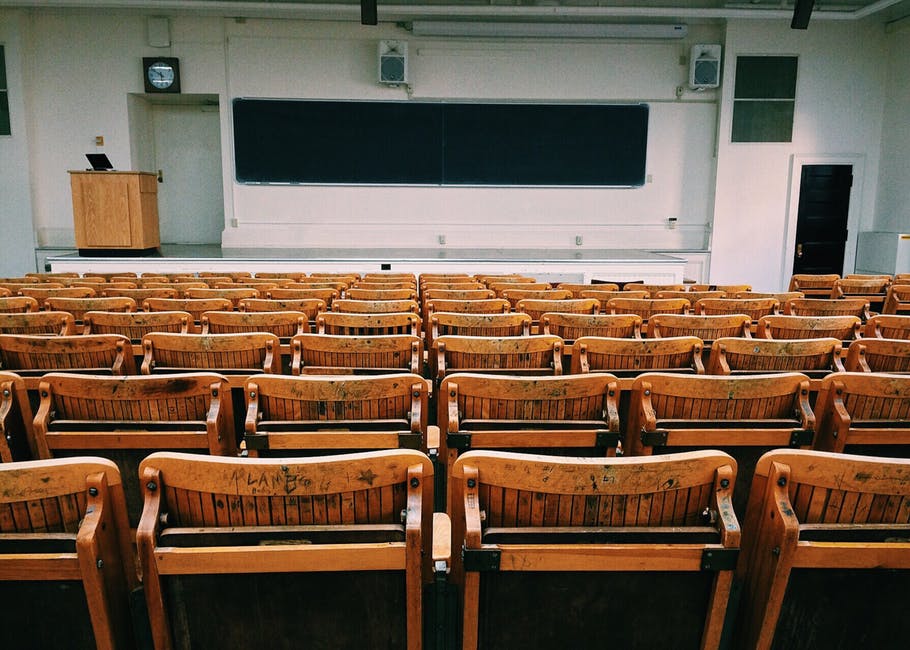It’s becoming increasingly difficult to actually learn anything in school.
The latest example of “woke culture” destroying the education system comes from the University of Maryland School of Public Policy, whose administrators recently informed faculty members they will be required to add a memo to their syllabi, promising to promote “inclusion” by avoiding anything that is “troubling or causes offense” to students.
Reason first reported on the development in late November.
The oath reads, in part:
Commitment to an Inclusive Classroom
It is my intent, as well as the stated policy of the School, that students from all backgrounds and perspectives will be well-served by this course. The diversity the students bring to this class will be seen and treated as a resource, strength and benefit. Materials, discussions, and activities will respect all forms of diversity. All students are expected to promote this aim through their words, actions, and suggestions. If something is said or done in this course, either by myself, students, or guests, that is troubling or causes offense, please let me know right away. The impact of what happens in this course is important and deserving of attention. If you ever do not feel comfortable discussing the issue directly with me, I encourage you to bring the issue to an advisor, administrator or the School of Public Policy Equity Officer.
Pronouns and Self Identification
We invite you, if you wish, to tell us how you want to be referred to, both in terms of your name and your pronouns (she/her, he/him, they/them, etc.). The pronouns someone indicates are not necessarily indicative of their gender identity. Visit trans.umd.edu to learn more.
Land Acknowledgement
We acknowledge that we are gathered on the stolen land of the Piscataway Conoy people and were founded upon the erasures and exploitation of many non-European peoples. You can find more information about the Piscataway Conoy Tribe at http://www.piscatawayconoytribe.com. For more information about the University of Maryland’s project for a richer understanding of generations of racialized trauma rooted in the institution visit https://go.umd.edu/SNW.
UCLA law professor Eugene Volokh, a First Amendment expert, pointed out the obvious: By prioritizing avoiding any offense, the process of learning is sacrificed.
“How exactly can an honest faculty member commit to having all class materials respect all forms of diversity, given that many important source materials may well express views that sharply condemn various groups?” Volokh asked. “[H]ow can one have an honest discussion about ‘ethics and moral issues in public policy’ (to give the subtitle of one course) without someone expressing views that are ‘troubling or cause offense,’ or that suggest a lack of ‘respect [for] all forms of diversity?’”
The UCLA educator also asked about the “conspicuously omitted” academic freedoms of faculty members as well as students.
“What if a faculty member doesn’t endorse the land acknowledgment statement, perhaps because he takes the view that conquest of land and the displacement of peoples is the norm in human history (might the Piscataway Conoy have ‘stolen’ land from others who lived there before?), and not something that he thinks merits particular condemnation or explicit attention?” Volokh asked. “Or what if he’s skeptical of claims of ‘generations of racialized trauma rooted in the institution?’ The school may have its own view of the matter, but one principle of academic freedom is that faculty need not endorse all the views that the school endorses, and cannot be compelled to publicly make such an endorsement.”



